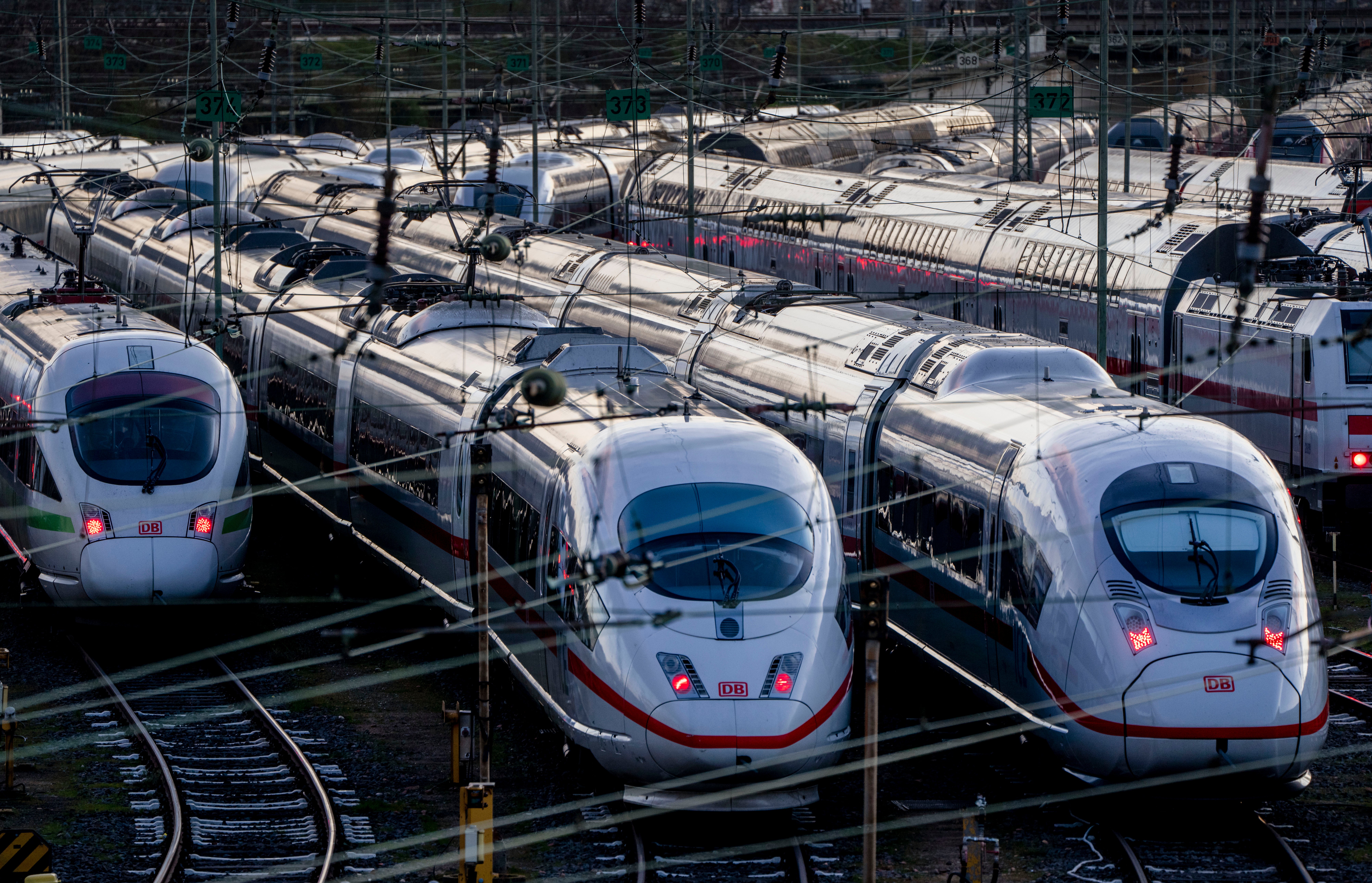German train drivers' union and railway operator reach a deal in their long dispute
A union representing many of Germany's train drivers says it and the country's main railway operator have reached a deal in a long dispute over working hours and pay that was marked by a string of strikes

Germany's main railway operator and a union representing many of its train drivers have reached a deal in a long dispute over working hours and pay that was marked by a string of strikes, the union said Monday.
Neither the GDL union nor state-owned railway operator Deutsche Bahn gave details of their agreement. Both scheduled separate statements on Tuesday.
GDL called drivers for Deutsche Bahn out on strike repeatedly in the dispute, which has dragged on for months.
It was the most consistently disruptive of several pay disputes in the transport sector that have coincided recently. Others have involved local transport workers, ground staff and cabin crew for Lufthansa, and airport security staff.
The main sticking point was GDL’s demand for working hours to be reduced from 38 to 35 hours per week without a pay cut. Some smaller private operators that operate regional services agreed to the demand.
It wasn't immediately clear how GDL and Deutsche Bahn resolved that issue.
Bookmark popover
Removed from bookmarks